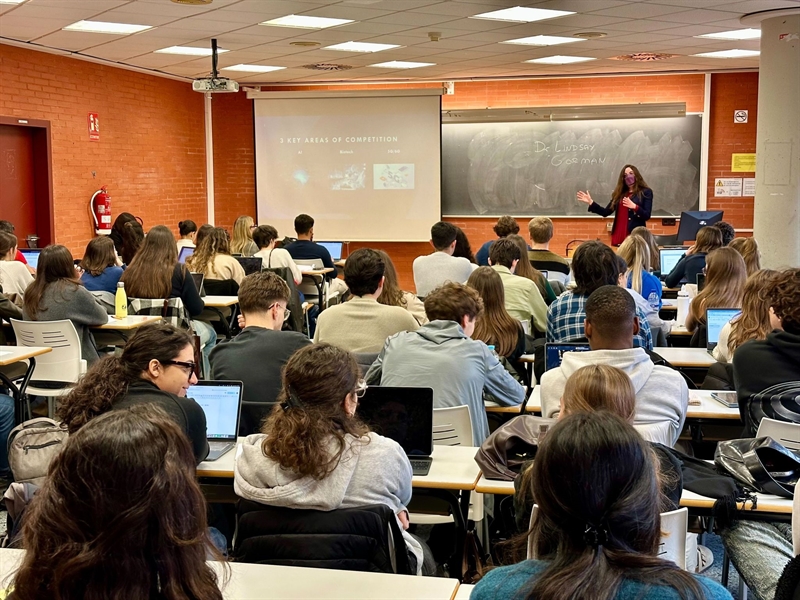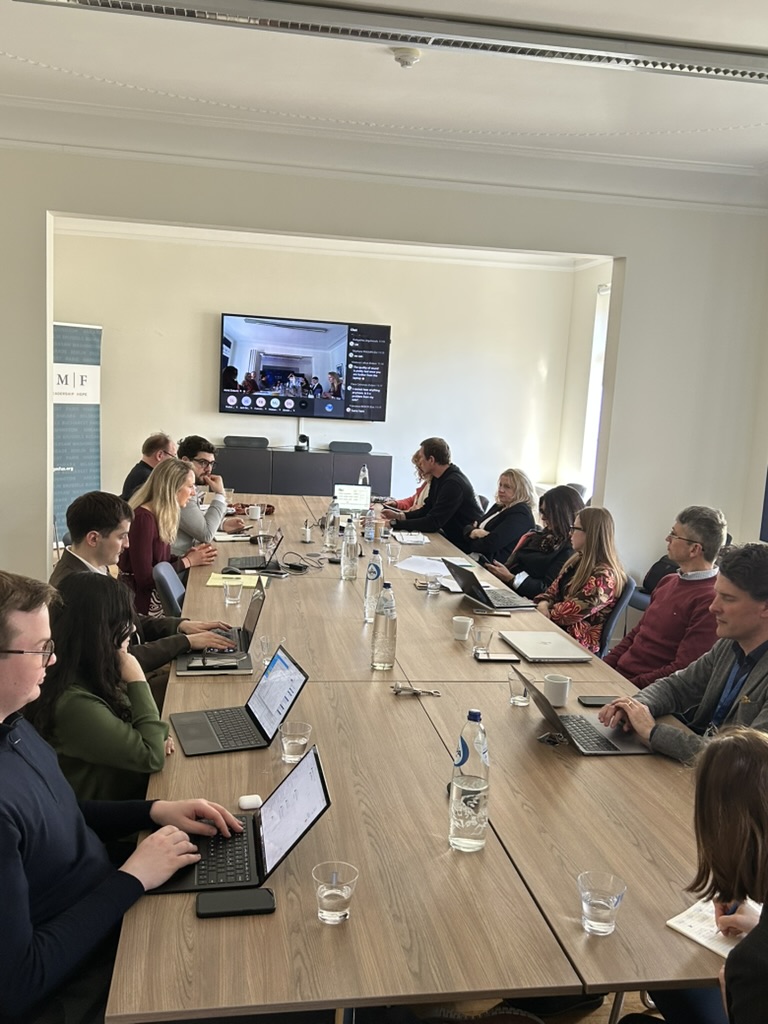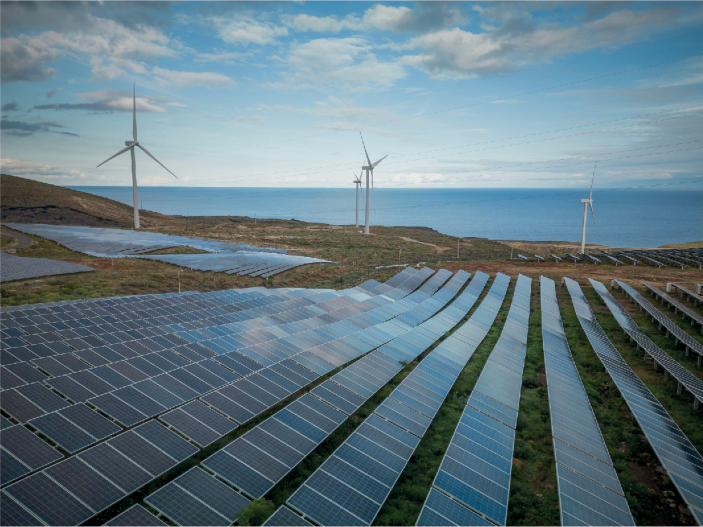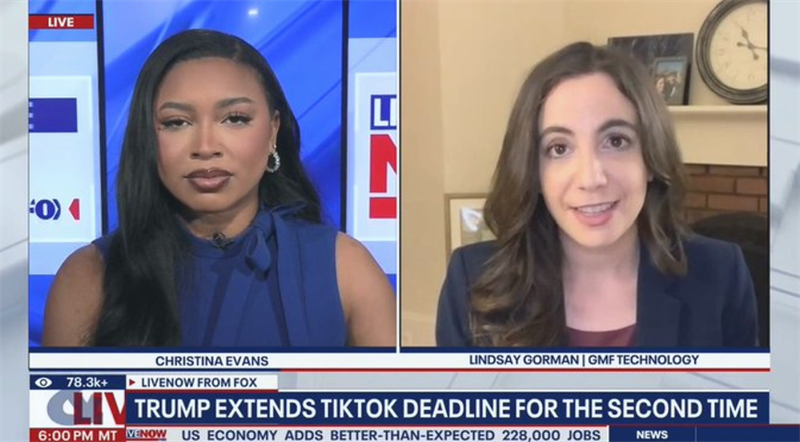TransatlanTech Insider—April 2025 Edition
Welcome to the April edition of the TransatlanTech Insider.
Whopping tariffs and the potential re-ordering of the United States’ position in the world dominate the transatlantic relationship, creating big question marks over just how Washington will outcompete Beijing if it spurns its friends. Everything and nothing seems to be on the table: Trump extended the deadline for TikTok’s sale for a second time, citing escalating tariffs on Beijing as a sticking point; the massive tariffs on Chinese goods will exempt electronics, sparing Americans’ iPhone prices for now as the administration promises separate national-security tariffs on semiconductors. Amid complex and globally distributed supply chains, though, effective chip policy rests on diplomacy with key US allies.
Meanwhile, tariff and counter-tariff salvos exchanged between the United States and the EU have ratcheted up tensions and undermined trust. A 90-day pause offers a glimmer of hope for a negotiated agreement, but the consequences if talks fail loom large, from a digital tax on US technology firms floated by France to an EU trade deal with China instead. US Chief Technology Officer Michael Kratsios also announced the administration’s focus on AI, quantum information, and nuclear technology. Absent a strategy that invests significantly in research and development and leverages US allies and partners, reversing China’s technology gains may be an uphill battle.
In this month’s newsletter, the GMF Technology Program shares news of the second workshop of its 2025 European Cyber Agora initiative, details its participation in the 2025 US-EU Barcelona Meeting, and provides insider reactions to key technology developments and news. Subscribe to receive future newsletter editions, follow us on X, and visit our webpage to learn more.
Featured this Month
Managing Director and Senior Fellow Lindsay Gorman Speaks at US-EU Barcelona Meeting


At the invitation of the US Consulate General in Barcelona, Lindsay Gorman spoke on February 27 at the annual US-EU Barcelona Meeting, this year titled "A Tech Alliance? Europe and the United States' Next Big Leap". The event was part of a larger tour constituting the first public diplomatic engagement from a US Embassy or consulate on technology in Europe under the new administration. Gorman also spoke at the Barcelona Centre for International Affairs on “The geopolitics of emerging technologies: AI, innovation and cybersecurity in an age of digital competition”. Gorman concluded the trip with lectures on US-EU-PRC (People’s Republic of China) tech competitiveness at universities in Barcelona, Valencia, and Alicante as a selected US expert for the Defensa y Yo initiative.
Watch US-EU Barcelona Panel Here
GMF Technology Hosts Second European Cyber Agora Workshop

GMF Technology, in partnership with Microsoft and the EU Institute for Security Studies (EUISS), hosted its second series of 2025 European Cyber Agora workshops, which explored (a) Europe’s digital defense capacities and (b) AI as a cyber threat multiplier for digital fraud and a defense tool for incident response. Program Manager and Fellow Julia Tréhu moderated the latter workshop, which also examined how emerging vulnerabilities impact newly enforceable EU regulations such as the Cyber Resilience and AI Acts. Visiting Distinguished Fellow Ambassador Heli Tiirmaa-Klaar and Deputy Managing Director Astrid Ziebarth attended.
GMF Technology Hosts Roundtable on Balancing Green Industrial Policy and Economic Security

On April 2, GMF Technology hosted a roundtable discussion in Brussels assessing Europe’s green industrial policy options between the United States and China. The conversation brought together policymakers and experts for a “temperature-check” on the state of green industrial policy in an era of increased geopolitical tensions. Participants considered which clean technologies to prioritize under green industrial policies and potential avenues for transatlantic cooperation.
Media Spotlight

Lindsay Gorman was featured on Fox News in “Trump extends TikTok deadline for the second time” and on DW News in “Could TikTok 'go dark' in the US? Another 75-day reprieve granted” after President Trump announced he would delay TikTok’s forced sale. Gorman discussed the unlawfulness of the order and reported that China abandoned a possible deal.
Media Mentions

Lindsay Gorman quoted in The New York Times on the extension of the TikTok sale deadline.
“That is the purest victory out there — that a democratic country that’s supposed to be a nation of laws is declining to enforce it on pressure from a foreign government and its corporate intermediaries,” Lindsay Gorman said in “Trump Extends Deadline for a TikTok Deal” by Sapna Maheshwari.

Lindsay Gorman quoted in The New York Times on TikTok’s new advertising campaign.
TikTok is “trying to raise public sentiment in favor of the company”, Lindsay Gorman said in “With a U.S. Ban Looming, TikTok Portrays Itself as a Force for Good” by Sapna Maheshwari. “This movement to ‘save TikTok’ has not gone away in the 11th hour of these negotiations.”

Byte-Sized Bulletin
AI and Democracy
- President Trump extended the deadline for when TikTok must divest from ByteDance or face a ban in the United States. This second 75-day extension came as the United States and China announced a slew of tariffs, which stalled negotiations on a new ownership structure.
- Elon Musk sold social media company X to xAI, his artificial intelligence start-up, for $33 billion. The maneuver bundles together companies whose valuations were trending in opposite directions, with X’s dropping over recent years and xAI’s rising.
- DeepSeek released an upgrade to its V3 large language model on development platform Hugging Face, intensifying competition between the Chinese AI startup and its US counterparts. The latest update included improvements in reasoning capabilities as measured on benchmark tests such as the AIME, as well as proficiency and feature enhancement in Chinese writing and search functions.
“TikTok is essentially trying to re-litigate the law and encouraging Congress to backtrack on calls to enforce it."
— Lindsay Gorman, Managing Director and Senior Fellow, in The New York Times
- China’s recent advances in biotech threaten the United States’ dominance, warned a new report from the National Security Commission on Emerging Biotechnology. The report predicted the United States could permanently fall behind China if it does not invest in research, bolster manufacturing, and prohibit companies that work with US national security agencies and the Department of Health and Human Services from working with Chinese biotech suppliers.
- As part of its response to US tariffs, China placed export controls on seven categories of medium and heavy rare earth elements essential for weapons, electronics, and consumer goods. It also placed 12 US firms, including Teledyne Brown Engineering and Insitu on its “unreliable entities” list.
- Belgian prosecutors charged eight people—including three Huawei employees—with corruption, money laundering, and participation in a criminal organization in a probe into bribery to advance Huawei’s interests in the European Parliament. Huawei’s vice president for Europe was separately charged the following week.
"In contrast to the bipartisan report’s recommendations, the Trump administration has cut $4 billion at the NIH and pulled back federal funding for academia, taking a hammer to foundational research institutions. Without sustained funding, sound institutions and international partnerships, the United States risks conceding leadership in biotechnology to China because of self-inflicted wounds."
— Dylan Welch, China Technology Analyst
- President Trump announced expansive global tariffs on April 2, with far-reaching implications for the technology industry: tech company stocks fell, hardware costs are expected to soar, and tariffs may become a bargaining chip in global tech policy negotiations, including on TikTok, EU regulations, and Canada and Australia’s digital services taxes.
- The EU is considering tariffs on technology services or stricter regulations on the use of data as part of future retaliatory tariffs against the United States. France’s Economy and Finance Minister Eric Lombard suggested that the EU consider a digital services tax, with pushback from Ireland’s Trade Minister Simon Harris.
- The first EU-Central Asia Summit took place in Samarkand, Uzbekistan, on April 4. The EU announced an investment package including €2.5 billion for critical raw materials projects and nearly €60 million for digital connectivity in rural Central Asia.
"EU policymakers face contradictory options regarding tech’s central role in possible responses to Trump’s tariff threats. Threatening retaliation via DMA and DSA enforcement would only add fuel to the Trump administration’s accusations of discrimination, but watering down the rules in exchange for tariff relief is a Pandora’s box. Big Tech’s centrality as both bargaining chip and point of retaliation may only accelerate a longer-term push for EU-wide tech sovereignty."
— Julia Tréhu, Program Manager & Fellow
The Download
- On April 3, Senior Officer Sharinee Jagtiani spoke at the European Council on Foreign Relations (ECFR)’s Tech Summit in Turin, Italy, joining a panel on “Trends in Transatlantic Technology Under Trump 2.0” as part of the event’s focus on tech power and diplomacy.
- Jagtiani and Heli Tiirmaa-Klaar joined the 26th India Trilateral Forum (ITF) in New Delhi on April 9-10, 2025, which focused on US-China tech competition and how the United States, Europe, and India can align on economic security.
GMF Technology is dedicated to ensuring that democracies together win the strategic technology competition with autocrats.
Caitlin Goldenberg and Adrienne Goldstein coordinated this month’s TransatlanTech Insider.